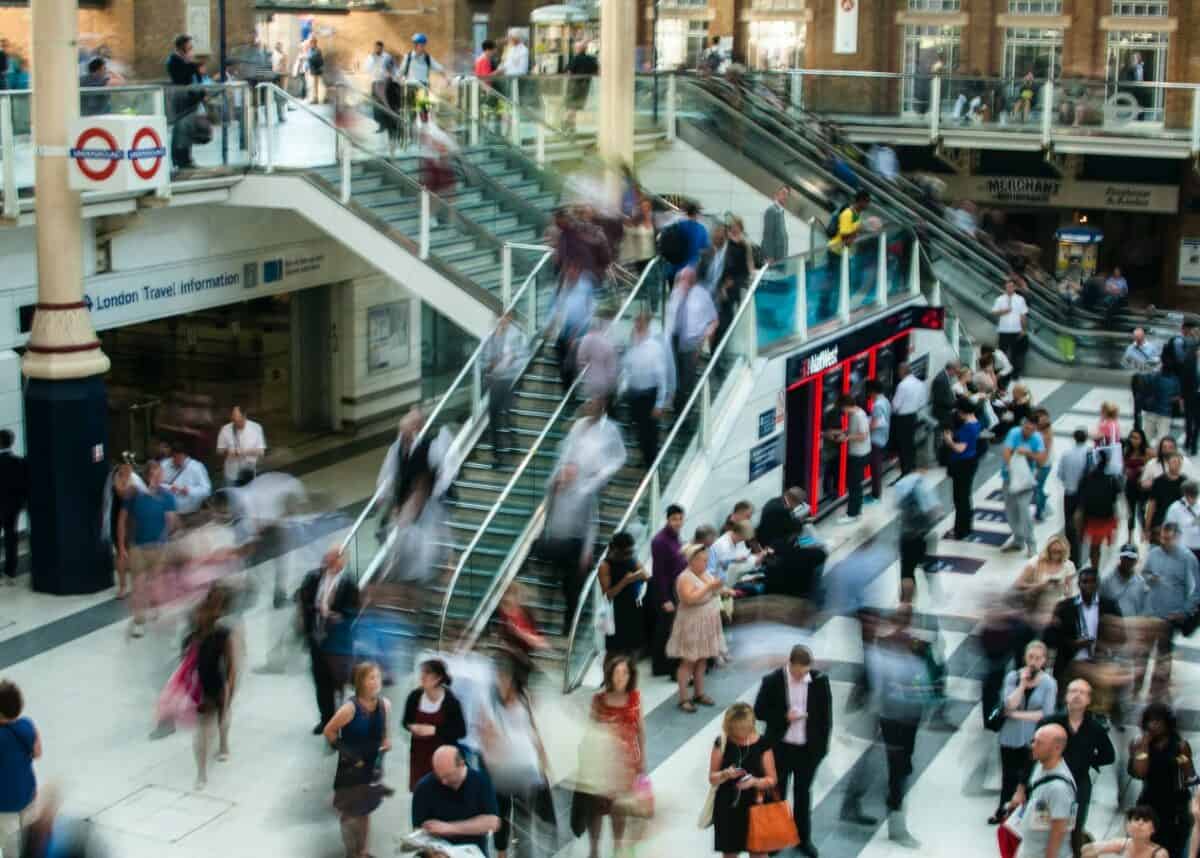Matthew Flinders, University of Sheffield
There is a reason that Tom Bower’s biography of Boris Johnson is subtitled “The Gambler”. The book details the life of a Teflon-coated politician who seemingly defies the usual rules of political life when it comes to scrapes and scandals, brinkmanship and buffoonery.
And yet Johnson’s decision to end virtually all COVID restrictions in England on July 19 and “live with the virus” is by far the biggest gamble of his life. As he put it:
We must be honest with ourselves that if we can’t reopen our society in the next few weeks, when we will be helped by the arrival of summer and by the school holidays, then when will we be able to return to normal?
Lets just hope that the “huge wall of immunity” provided by the vaccination programme, and the “firebreak” provided by the summer school holidays really are high enough and long enough to prevent another major surge. The pandemic is far from over, and it certainly won’t be over by July 19. As the prime minister acknowledged himself, “We must reconcile ourselves sadly to more deaths from COVID”.
The decision to lift restrictions now is largely driven by a combination of science, economics and political instinct. The vaccine rollout has generally been successful, and those still waiting to be vaccinated are mostly in lower risk groups. The number of people saying they are “scared” or “very scared” of catching COVID is falling, and there is increasing evidence that social distancing is making people miserable.
The economic costs of the government’s response are also becoming clearer. Add to this the fact that Johnson is by nature a libertarian, so his political instincts favour individual freedom over state restraint.
Shifting the blame
But Johnson’s decision to end lockdown is about more than embracing “freedom” – it’s about shifting responsibility for tough decisions onto the public. The government is arguably relinquishing responsibility for COVID-related failings and lack of strategy by seeking to reframe it as an issue of “individual personal responsibility” and “common sense.” This is a departure from the early framing of COVID as a “we’re all in this together” collective threat that could only be addressed through coordinated and controlled public responses.
With former health secretary Matt Hancock gone and the Public Health England agency abolished, the list of likely scapegoats is shrinking. Diffusing responsibility to the public when infections are surging can either be seen as an admission of governmental failure and exhaustion, or a calculated move in the unfolding blame game.
But no matter who shoulders the blame, the effects will be felt by all if the move backfires. With positive tests increasing by 49% in the last week, along with increases in hospital admissions and deaths, the prime minister is undoubtedly gambling with people’s lives.
To be fair to the government, it was to some extent inevitable that Johnson would have to make such a decision at some point. A combination of imperfect information, the fickleness of forecasting, and disagreement between the experts has made “following the science” far more difficult than ministers appeared to initially appreciate.
It was in this earlier context that the government felt it necessary to put in place a collective safety net of social support, financial protections and lockdown restrictions. Those who criticise Johnson’s latest move feel the risks remain too high to remove the sometimes slightly-too-heavy hand of the state.
The Scientific Advisory Group for Emergencies (SAGE) urged caution: “Sustained long-term behavioural change will be required to control a resurgence in infections.” Even Johnson conceded that the public should not become “demob happy”.
If the prime minister’s hopes of public propriety prove foolhardy, we already know that the poor and marginalised are likely to pay. Earlier waves have already laid bare the existence of socially embedded healthcare inequalities.
Think also of the younger generations and the social, economic and psychological costs that have already been placed upon their shoulders by the pandemic. Generation Z may have already pressed pause on big life ambitions and may be yearning for lockdown to end. But it’s also the young who are last to be vaccinated, and possibly least likely to voluntarily change their behaviour.
The biggest loser
If the opening of clubs, bars and sporting events without restrictions unleashes the vitality of the great British (in this case, English) public and reboots the economy without unleashing another deadly COVID surge, then Johnson will have ensured his Churchillian leadership legacy. The risk that was “costed in” when Conservative MPs fell in behind his 2019 leadership bid – itself a massive gamble – will have paid off handsomely.
But if it fails, the biggest loser is likely not to be any specific individual or section of society, but democratic politics itself. Before the pandemic, public confidence in political institutions, political processes and politicians was in a dire state.
Johnson has always had a “trust problem” which reflects his rather colourful personal and professional life. The trust problem he now faces is very different, because it revolves around trusting the public to voluntarily change their behaviour, without the existence of those “baseline measures” that would – in a perfect world – already have been put in place.
Public confidence in the government’s COVID response may have been boosted by the success of the vaccine rollout, but such an increase is likely to prove as fickle as pandemic forecasting. If removing restrictions leads to an infection spike that overwhelms the NHS and hits those with the least to lose hardest, then it’s the health of British democracy which might pay the highest price. This really is Boris’s biggest gamble.
Matthew Flinders, Founding Director of the Sir Bernard Crick Centre for the Public Understanding of Politics, University of Sheffield
This article is republished from The Conversation under a Creative Commons license. Read the original article.












